Over 13 years ago, Aaron Morrison was elected the IWU student body president.
That same year, IWU and Pioneer had just agreed on a 10-year contract in which Pioneer would continue to provide food services for IWU.
That contract came with some changes, some Aaron Morrison and other students would take issue with, eventually leading to Occupy Wildcat.
“I came after Corey Sprunger, who had been president for the past two years,” Morrison said.
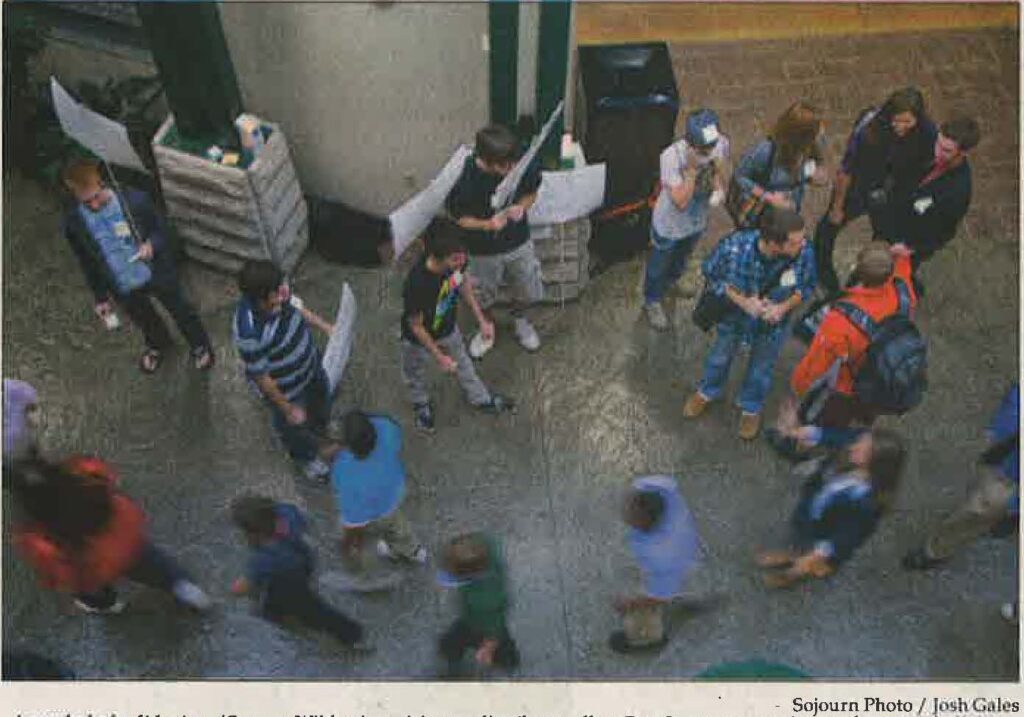
Sprunger’s campaign for student-body president mentioned getting a senate to help survey the student body and present the big issues to the IWU administration, hoping that changes would be made.
Morrison said that there was hope with this campaign plan, and when no changes were made, it frustrated students.
“There was this increasing suspicion that the traditional ways of negotiating with the administration were not working,” said Morrison, “The students were increasingly getting frustrated and were feeling less and less recourse to address their concerns.”
In 2011, IWU was restrictive in what students could do in their free time. Students were not allowed to dance or have any M-rated games/R-rated movies in their dorms. The Globe Theater was also not allowed to show any movie above a PG rating.
“[Morrison] decided to have an event there with Occupy Wildcat. At that time, there was like Occupy, like Wall Street and things like that. So, he penned that the term, or someone else penned the term,” said Ben Middelkamp, former Sojourn writer/editor.
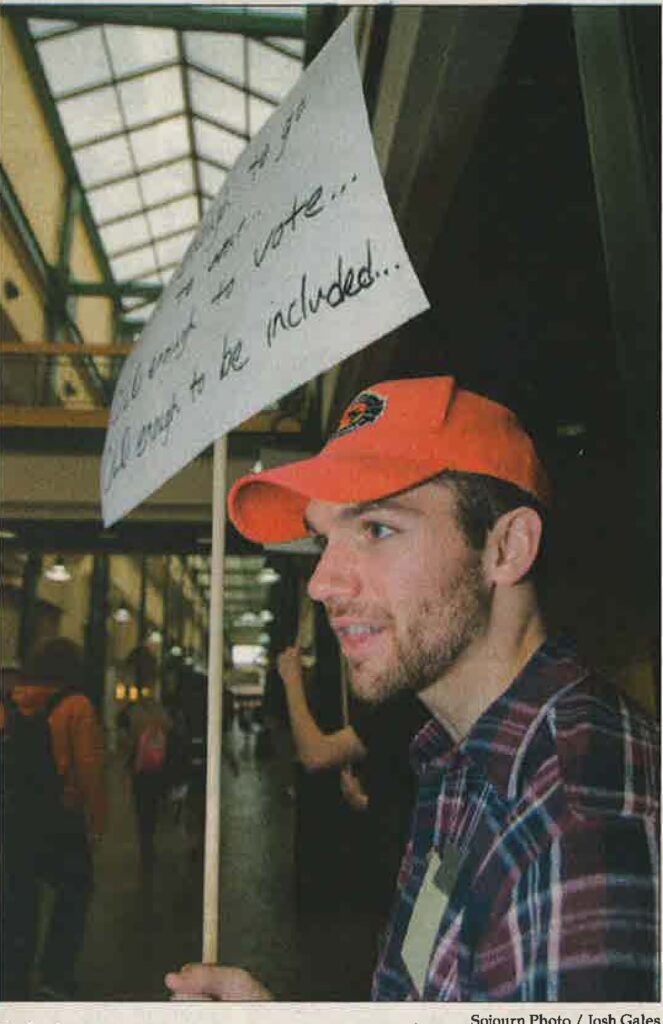
Occupy Wall Street was a populist movement against economic inequality and corporate greed. The movement started in September 2011 and ended in November of the same year.
And at the time, the editors didn’t really agree with him organizing a protest as the SGA president and wrote an editorial asking him to not be the one who’s organizing it because of his position,” said Middelkamp. “As well as how maybe they were using the term occupy in a way that wasn’t as that was pretty trivial compared to what people were actually going through, who were protesting the 1%.”
Morrison and Nick Graham, the former design editor for the Sojourn, saw people passing out cheese slices and said they could take that to another level. In total, there were four people involved with the creation of Occupy Wildcat.
“We were going to pass out free cheese slices, and we were going to hold protest signs with the message of, like, students deserve more representation in matters that most affect them,” said Morrison. That was essentially going to be the message that we were going for, wanting more representation, wanting more power.”
Morrison was in charge of making the Facebook event so that students would get involved.
“I remember thinking it was a fairly silly, silly thing to be protesting,” said Steven Porter, also a former Sojourn writer and editor, who is also currently working for the Boston Globe. “I had written a story earlier breaking down the kind of absurdity of the meal plan prices so I was kind of it was interesting to watch the discourse unfold from that point forward where people got really upset about cheese slices.”
Occupy Wildcat took place on Nov. 2, 2011 and lasted five hours. During the protest itself, Pioneer did remove the sign indicating the price change but nothing else changed.
Middelkamp was able to interview former IWU president, Henry Smith, about the protest. In the article, Middelkamp quotes Smith saying:
“Sometimes as an administrator and hopefully a friend of the students, I don’t have the same perspective they have. So I may think that everything is open and clear but the students may be struggling with being heard and maybe feel like they are not being heard. I don’t think so, but more effective communication is always something that can be improved.”
former iwu president henry smith
While the prices didn’t decrease, Smith did explain why changes happen seemingly without student input being considered.
Morrison resigned as student body president later that fall due to other reasons. The protest didn’t change anything, it was about students speaking up about the changes that affect them at IWU.
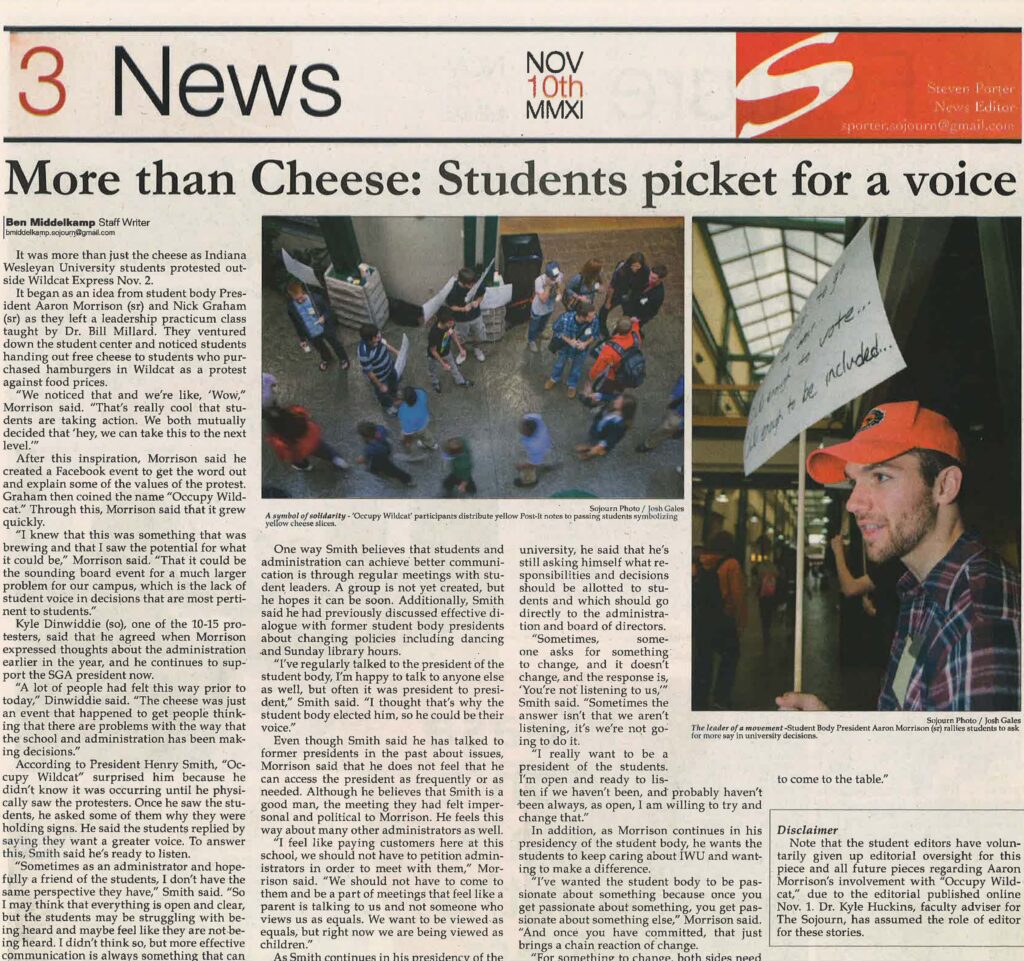
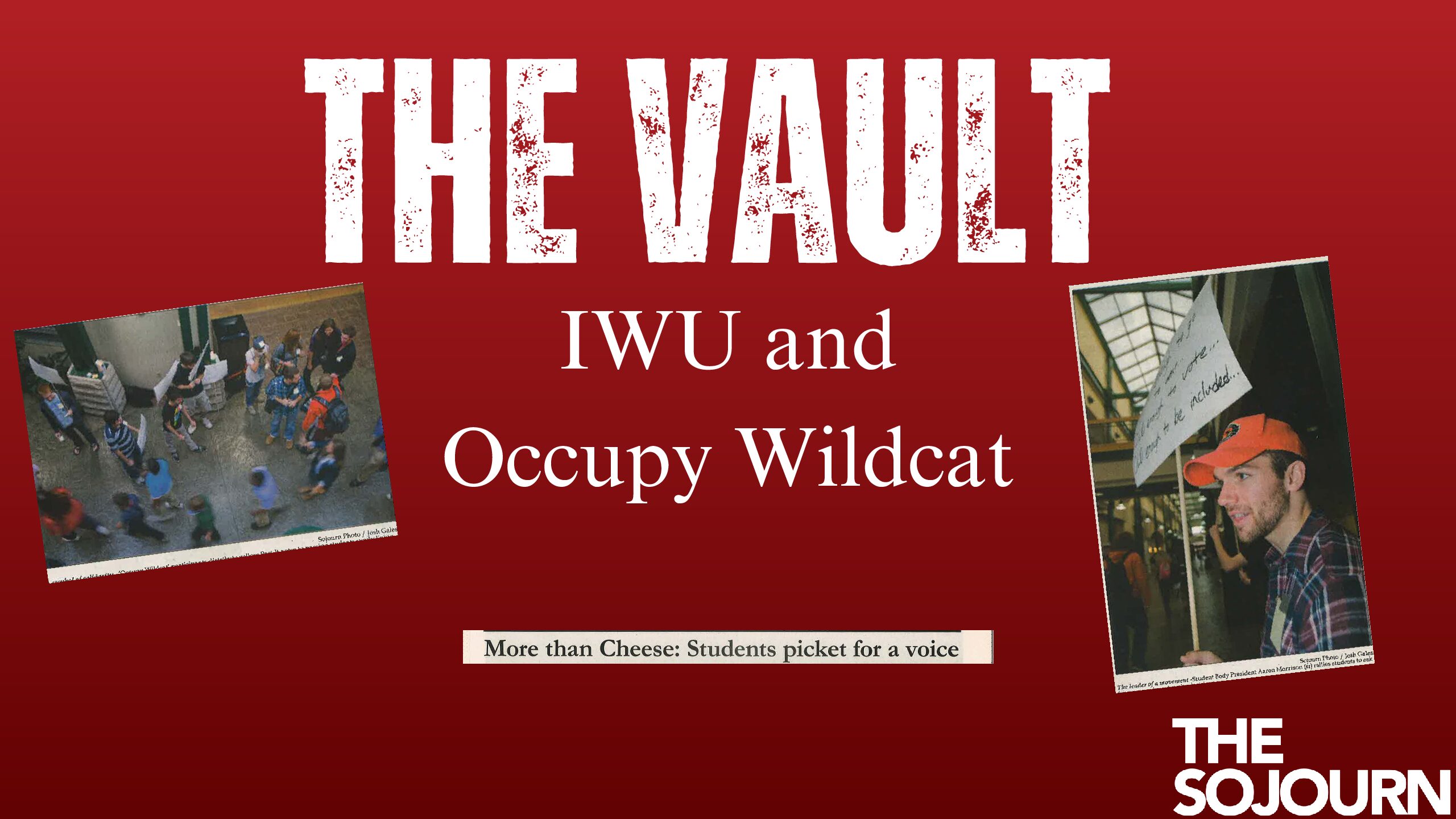

Leave a Reply